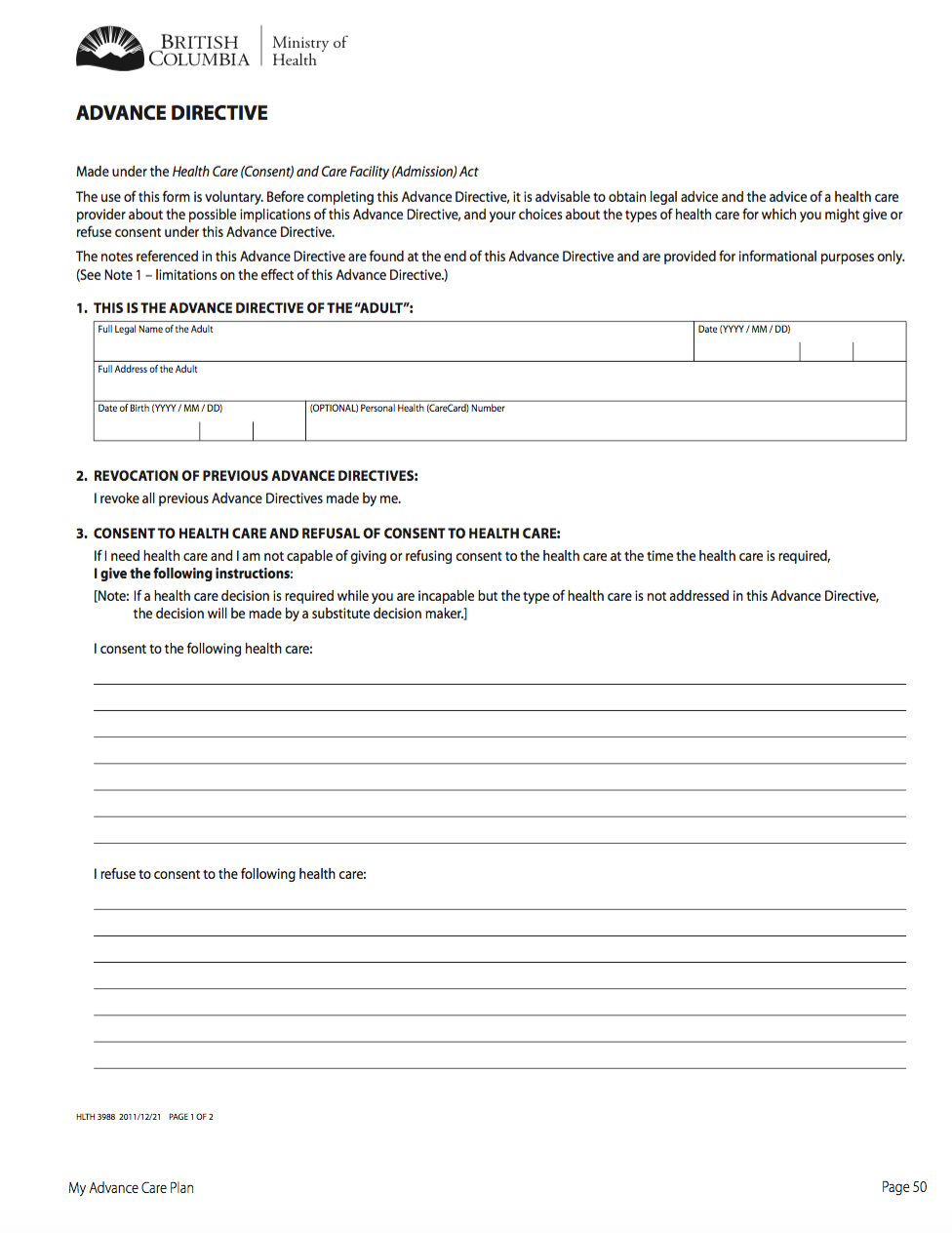POA for PLWD
- Kate Drexler
- Sep 25, 2016
- 1 min read
Power of Attorney.
Advanced directives.
Medically appropriate care.
Does anyone else get stuck on the terminology associated with Advanced Care Planning?
As a consultant, I know that, eventually, I will need to guide clients through the advanced care planning process; however, I know I lack the knowledge to effectively assist individuals and families.
So, I have created a short scenario to help me (us) to better understand the Advanced Care Planning process better:
Janet is 67 years old.
As a capable adult, Janet asked her daughter, Emma, to be her Power of Attorney. After completing the Power of Attorney documents, Emma now manages Janet's finances and property. Emma has also been asked to be Janet's Enduring Power of Attorney. Now, if Janet becomes incapable (unable to make her own decisions), Emma may act on her behalf.
[ASIDE: Interesting read, if you are Canadian - http://www.nidus.ca/?p=5314.]
Janet also decided to ask her son Robert to be her Substitute Decision Maker (or Representative). Robert agreed and signed a Representative Agreement. Robert is now responsible for making decisions around Janet's personal health and medical care if she becomes incapable. Janet recorded her wishes (including her decision to receive life support), on an Advance Directive (also known as a Living will). Both Robert, Emma and Janet have a copy of this document.



NOTE: I have only included page 1 of the documents
Okay, my lovely American and Canadian counterparts . . . it's your turn. Can you re-create this story using the terminology used in your state or province? Please share!














Comments